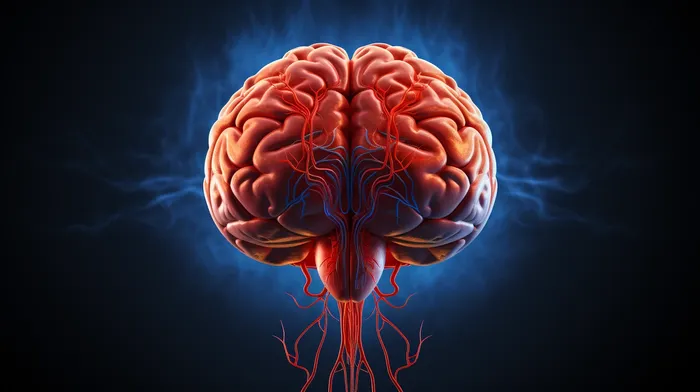Medical researchers have been tirelessly on the hunt for an Alzheimer’s disease cure for decades, yet without consistent results. Driven by the lack of treatment options available, it is of utmost importance to take preventative measures that could decrease the risk of developing brain problems in the later stages of life.
Researchers at the Keck School of Medicine at the University of Southern California in Los Angeles have discovered that four main risk factors, all linked to heart disease, are equally essential in the development of Alzheimer’s disease. As cardiovascular function declines, our brains are directly impacted. The brain’s neurons rely on a steady supply of blood that provides essential nutrients and assists in disposing of waste products.
According to researcher Kevin S. King, “we already know that vascular risk factors damage the brain and can result in cognitive impairment. But our findings give us a more concrete idea about the relationship between specific vascular risk factors and brain health.” Other studies have previously connected cardiovascular complications to memory deterioration. King’s research specifically investigates the relationship between risk factors for heart disease and the well-being of three critical brain regions responsible for preserving memory: the precuneus, the posterior cingulate cortex, and the hippocampus.
Departing from their findings among individuals aged 50 and older, the Keck researchers recommend four key lifestyle adjustments to protect both your heart and brain:
- Quit smoking. Smoking is a potent source of harmful inflammation in both the cardiovascular system and the brain.
- Reduce alcohol consumption. A wealth of research connects the excessive consumption of alcohol to brain difficulties. To maintain good brain health, it is advised not to consume more than one or two alcoholic beverages per day.
- Lose excess weight. Extra body fat has been proven to endanger both your heart and brain. The heavier an individual is, the more likely they are to impair their brain function.
- Adopt a diabetes-prevention lifestyle. Maintaining healthy blood sugar levels helps protect both the brain and heart. Growing evidence suggests that diabetes significantly increases the likelihood of developing Alzheimer’s disease.
In today’s world, the seemingly non-stop exposure to media and a society built on leisure and sedentary routines seem specifically engineered to deteriorate hearts and minds. Escaping the passive mindset propagated by marketing, advertising, and various industry professionals is essential when promoting a healthier, happier, and more memorable future.



